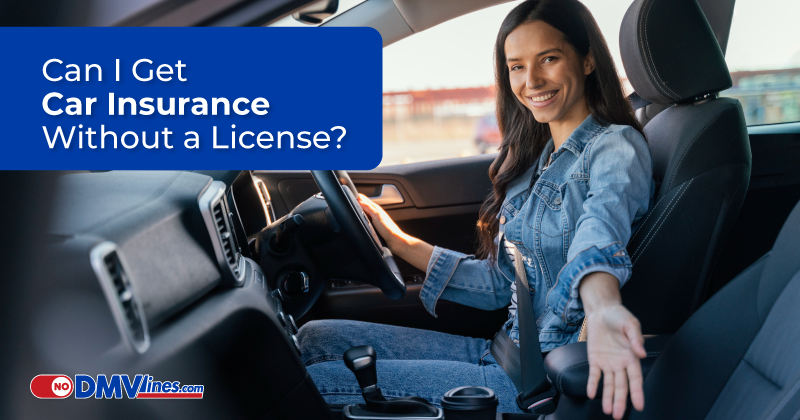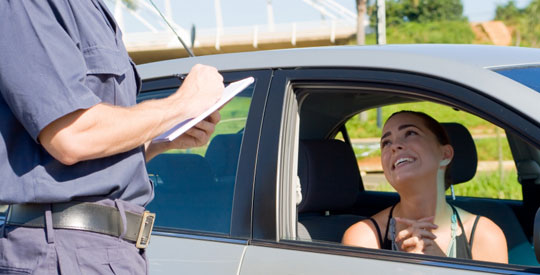
Navigating the World of Car Insurance Without a Driver’s License
Car insurance and a driver’s license typically go hand in hand, like peanut butter and jelly. However, there are situations where you might need to insure a car without holding a valid driver’s license. This can seem counterintuitive, but understanding the nuances and potential avenues can help you navigate this complex landscape.
Why Would Someone Need Car Insurance Without a License?
Several scenarios might necessitate obtaining car insurance even without a valid driver’s license:
-
Non-Driving Vehicle Owner: You might own a car but don’t personally drive it. This could be due to age, disability, medical reasons, or simply a preference not to drive. However, you still need insurance if you allow others to operate the vehicle.
-
Learner’s Permit Holders: While a learner’s permit allows you to drive under supervision, it’s not a full license. You’ll likely need insurance coverage to legally operate the vehicle, even with a licensed driver present.
-
Suspended License: If your license is suspended, you still own the car, but you’re not legally allowed to drive. In some cases, you might need to maintain insurance, especially if you plan to reinstate your license later or allow someone else to drive the car.
-
Vehicle Storage: Even if your car is stored and not actively driven, you might want comprehensive coverage to protect it against theft, vandalism, or damage from natural disasters.
-
Antique or Classic Car Collection: Collectors often own multiple vehicles, many of which may not be driven regularly. Insuring these vehicles is crucial for protection against potential risks.
-
Preparing for Driving: You might be planning to learn to drive soon and want to get the car insured in advance, or you might want to ensure that a car you plan to give someone is insured.
Challenges and Considerations
Securing car insurance without a driver’s license presents unique challenges:
-
Higher Premiums: Insurers primarily assess risk based on the driver’s history and experience. Without a driver’s license, they may perceive a higher risk, leading to increased premiums.
-
Limited Coverage Options: Some insurance companies might offer limited coverage options or require additional endorsements when insuring a car without a licensed driver.
-
Proof of Valid Driver: You’ll need to demonstrate that the car will be operated by a licensed driver. This might involve providing their driver’s license information, driving history, and relationship to you.
-
Exclusionary Clauses: Some policies might include clauses that exclude coverage if the car is driven by an unlicensed driver, unless specifically authorized.
-
State Regulations: Insurance requirements vary by state, so it’s essential to understand the specific regulations in your jurisdiction.
How to Get Car Insurance Without a License
Despite the challenges, it’s possible to obtain car insurance without a driver’s license. Here’s a step-by-step guide:
-
Identify the Primary Driver: Determine who will be the primary driver of the vehicle. This person must have a valid driver’s license and a clean driving record. Their information will be crucial for the insurance application.
-
Shop Around and Compare Quotes: Contact multiple insurance companies and request quotes. Be transparent about your situation and explain why you need insurance without a license. Compare the coverage options, premiums, and terms offered by different insurers.
-
Provide Driver Information: When applying for insurance, provide the primary driver’s information, including their driver’s license number, driving history, and any previous insurance claims. The insurer will use this information to assess the risk and determine the premium.
-
Consider Adding the Primary Driver to the Policy: Adding the primary driver as a named insured or listed driver on the policy can help lower the premium and ensure they’re adequately covered.
-
Explore Non-Owner Car Insurance: Non-owner car insurance provides liability coverage when you drive a car you don’t own. While it doesn’t cover damage to the vehicle itself, it can protect you financially if you cause an accident. This might be suitable if you occasionally borrow or rent cars.
-
Consider Comprehensive Coverage: Even if the car is stored or not driven regularly, consider comprehensive coverage to protect it against theft, vandalism, or damage from natural disasters. This coverage can provide peace of mind and financial protection.
-
Read the Policy Carefully: Before signing up for insurance, carefully review the policy documents, including the terms, conditions, exclusions, and limitations. Pay attention to any clauses that might affect coverage when an unlicensed driver operates the vehicle.
-
Work with an Independent Insurance Agent: An independent insurance agent can help you navigate the complex world of car insurance and find the best coverage options for your specific needs. They can also provide expert advice and guidance.
-
Understand State Laws: Be aware of your state’s insurance requirements and regulations. Some states might have specific provisions for insuring vehicles without a licensed driver.
-
Be Honest: Always be truthful with your insurance company. Withholding information or providing false statements can lead to denial of coverage or cancellation of your policy.
Tips for Lowering Premiums
Even though insuring a car without a license can be expensive, here are some tips for lowering premiums:
- Increase the Deductible: A higher deductible means you’ll pay more out-of-pocket in the event of an accident, but it can lower your premium.
- Bundle Insurance Policies: If you have other insurance policies, such as home or renters insurance, consider bundling them with your car insurance to get a discount.
- Maintain a Good Credit Score: A good credit score can positively impact your insurance rates.
- Install Anti-Theft Devices: Installing anti-theft devices, such as alarms or GPS trackers, can lower your risk of theft and potentially reduce your premium.
- Shop Around Regularly: Insurance rates change over time, so it’s a good idea to shop around and compare quotes periodically to ensure you’re getting the best deal.
- Drive Less: The less you drive, the lower your risk of an accident. If possible, limit your mileage to reduce your premium.
Conclusion
Obtaining car insurance without a driver’s license can be challenging, but it’s not impossible. By understanding the reasons why you might need insurance, the challenges involved, and the steps to take, you can navigate this complex process successfully. Remember to shop around, compare quotes, provide accurate information, and work with an insurance professional to find the best coverage options for your specific needs. By doing so, you can protect yourself and your vehicle, even without a valid driver’s license.
